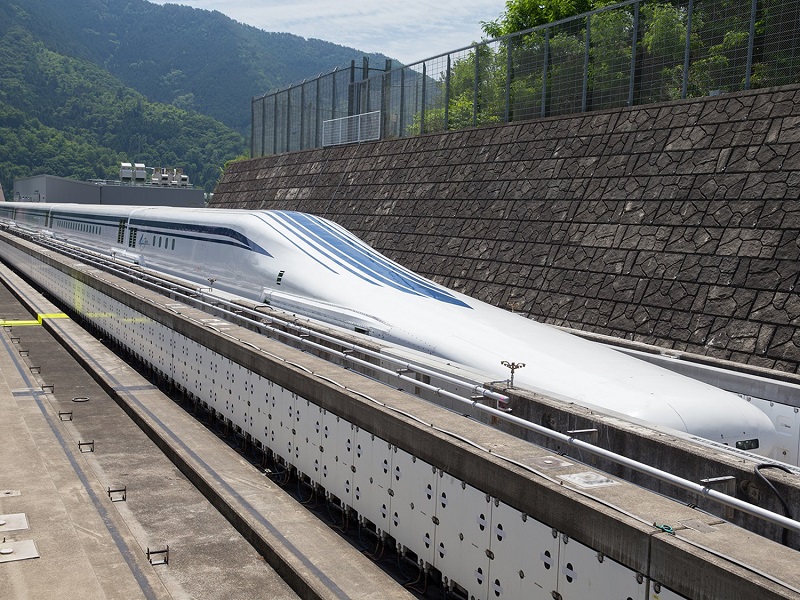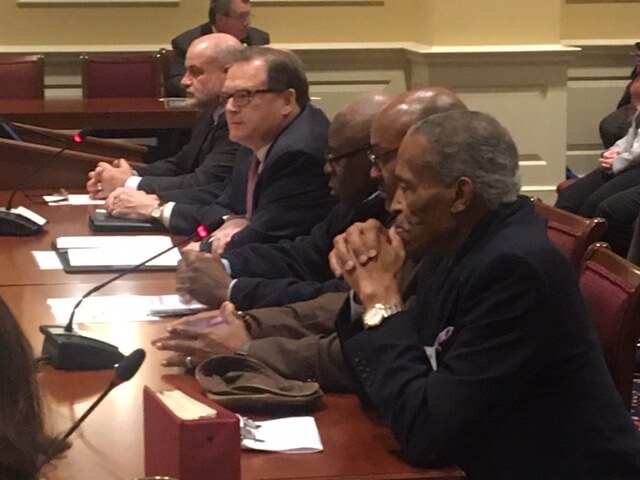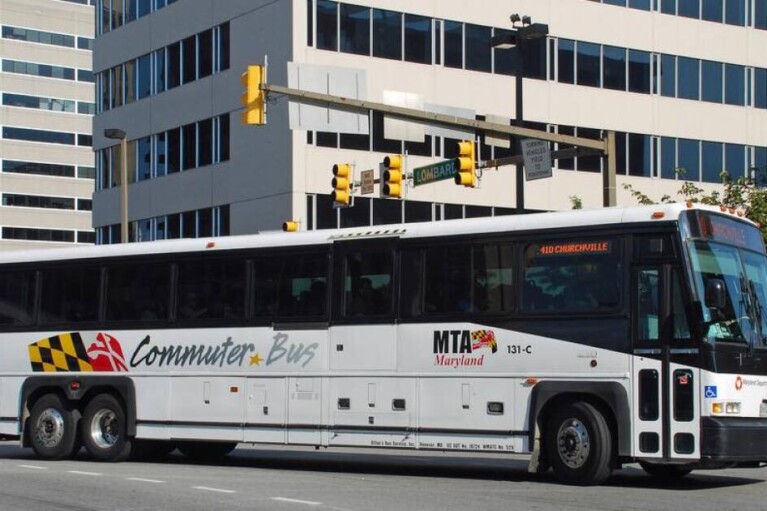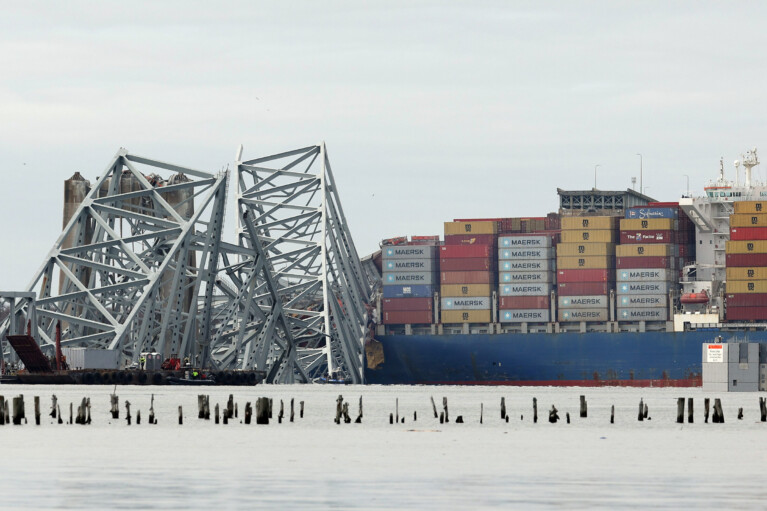Maglev Backers, Foes Square Off Over State Funding

Maryland would be barred from spending public funds to build or operate a proposed high-speed rail line linking Washington, D.C., and New York if a measure advanced by a Senate committee chairman becomes law.
Sen. Paul G. Pinsky (D-Prince George’s) told the Budget and Taxation Committee on Wednesday that the proposed Magnetic Levitation train would benefit “mostly lobbyists and bankers,” and not the general public.
He acknowledged that Baltimore-Washington Rapid Rail, the firm that hopes to build the 300-miles-an-hour rail link, has not requested state aid.
But Pinsky said the legislature should erect a safeguard against the use of public funds now, while the project is in the planning stages.
“I don’t think this is a smart initiative,” said the lawmaker, who chairs the Education, Health and Environmental Affairs Committee. “If it goes forward, fine. But it shouldn’t use taxpayer money.”
BWRR Chairman Wayne L. Rogers urged the committee to reject Pinsky’s bill.

Wayne Rogers (second from left) is leading the effort to bring the Maglev train to Maryland. Photo by Bruce DePuyt
He said the Maglev would speed travelers from D.C. to New York in an hour and would create thousands of jobs. His firm has not requested public funds and has no plans to do so, he added.
Still, policymakers would be wrong to impose restrictions now, he told the panel.
“If the legislature and the governor did not want money for this, they certainly wouldn’t provide any money for it,” he said. “We certainly don’t control that.”
A former chairman of the Maryland Democratic Party, Rogers said Pinsky’s bill would send a message that “Maryland does not want to solve its transportation problems, Maryland does not want private investment in infrastructure. I think that would be very bad for not only our project but for the state writ large.”
In an interview, Rogers said the project will rely on private investment, federal funding and a loan from the Japanese government to get the project it.
Pinsky’s bill, he said, would impede the setting of annual budget state priorities, which he called “a prerogative of the governor and then the legislature.”
A legislative analysis concluded that Pinsky’s bill, as drafted, would effectively doom the proposed Maglev project, which the lawmaker insisted was not his intent. He told the committee he would be open to amendments to clarify that his goal is only to guarantee that public funds are not used to build or operate the system.
Supporters of the measure, including the head of an association of construction firms and the leader of the Prince George’s NAACP, testified alongside Rogers. They told the committee the project would generate much-needed jobs.
Others, including the mayor of Bladensburg, testified that the project would bring little benefit to Maryland residents. They said it has generated significant opposition in the communities in the path of the train, which would run mostly underground, and that it could harm the environment.
A similar measure died without a vote in 2019.




 Creative Commons Attribution
Creative Commons Attribution